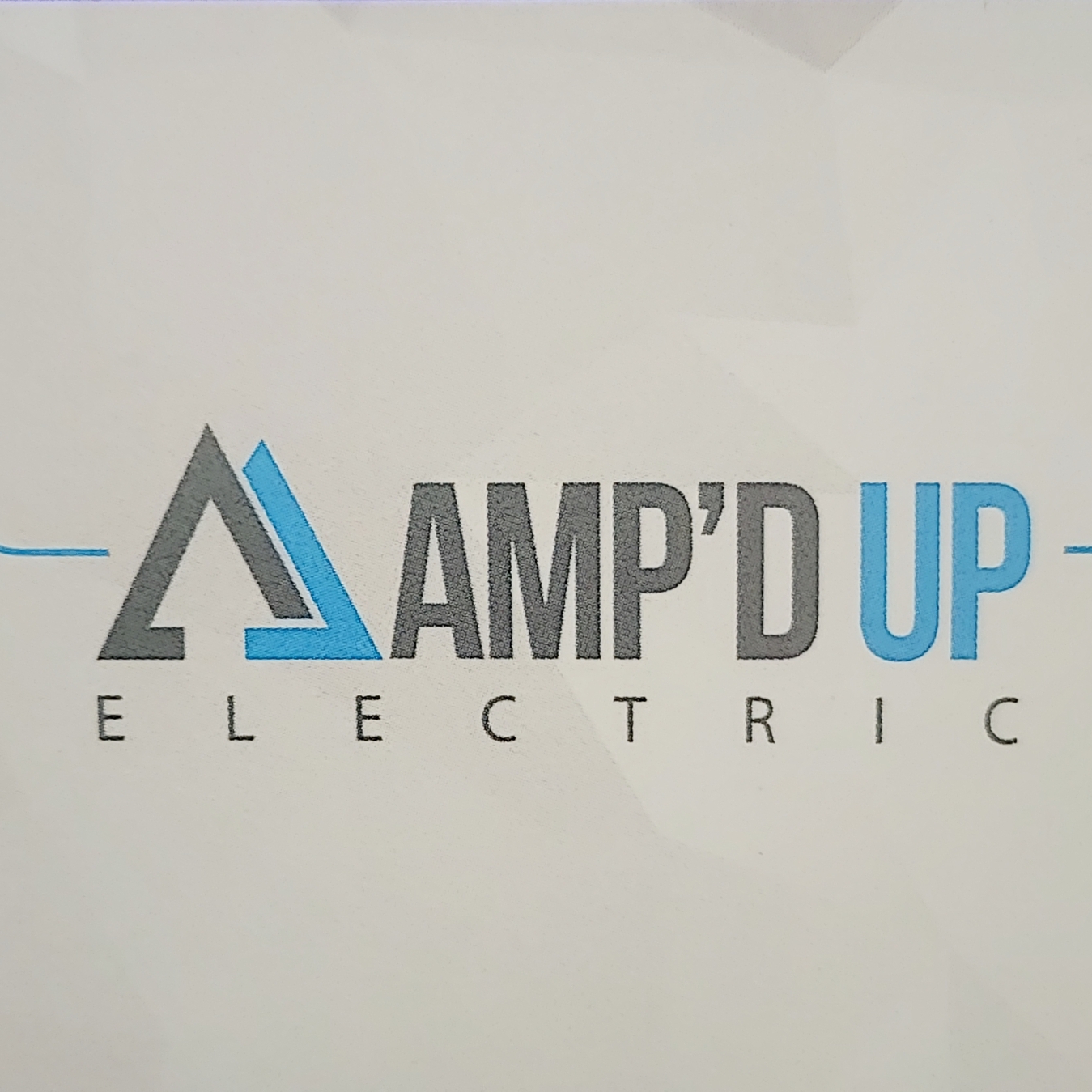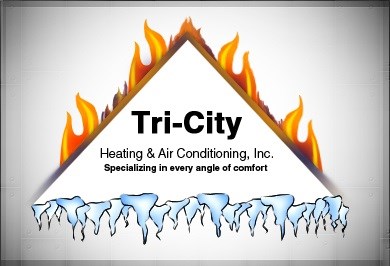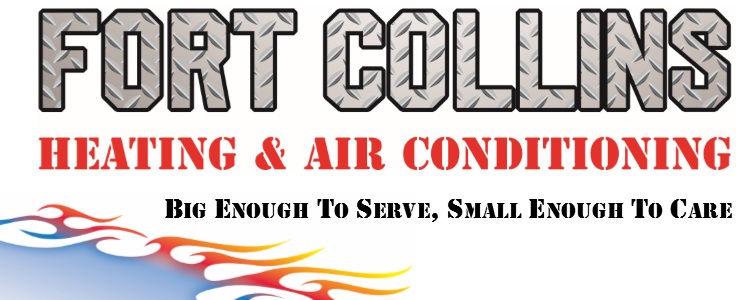
Get matched with top earthquake retrofitting specialists in Wellington, CO
Enter your ZIP and get matched with up to 5 pros
Need a pro for your earthquake retrofitting project in Wellington, CO?
Verified Reviews for Earthquake Retrofitting pros in Wellington, CO
*The Angi rating for Earthquake Retrofitting companies in Wellington, CO is a rating based on verified reviews from our community of homeowners who have used these pros to meet their Earthquake Retrofitting needs.
*The HomeAdvisor rating for Earthquake Retrofitting companies in Wellington, CO is a rating based on verified reviews from our community of homeowners who have used these pros to meet their Earthquake Retrofitting needs.
Last update on December 06, 2025
Find Earthquake retrofitting specialists in Wellington
Peters & Assoc.ers
Peters & Assoc.ers
Peters & Assoc. has been in the Construction business for the past 32 Years, delivering quality work in California, Nevada, Utah, Arizona and NOW COLORADO! Peters & Assoc. offers a full range of services from conception to completion including remodeling, additions and new construction.. Hourly rates available. From Design to Finish, and handyman services. Licensed and Insured
Peters & Assoc. has been in the Construction business for the past 32 Years, delivering quality work in California, Nevada, Utah, Arizona and NOW COLORADO! Peters & Assoc. offers a full range of services from conception to completion including remodeling, additions and new construction.. Hourly rates available. From Design to Finish, and handyman services. Licensed and Insured
Essential Contracting
Essential Contracting
General Contractor, Have both employees and sub contractors.
General Contractor, Have both employees and sub contractors.
The Wellington, CO homeowners’ guide to earthquake retrofitting services
From average costs to expert advice, get all the answers you need to get your job done.
 •
•Discover how much it costs to repair earthquake damage. Learn about average costs, key factors, and ways to save on earthquake repairs for your home.

A seismic shut-off valve stops the flow of gas during an earthquake, protecting your home from fires and explosions. Here’s what your earthquake valve installation cost will look like.
 •
•Earthquake retrofit costs vary based on home size, location, and project scope. Learn what impacts your price and how to budget for a safer, more secure home.

Earthquake gas shut-off valve installation is important for any home in earthquake-prone areas. Explore how they’re installed here.

In a seismic event, an earthquake gas shut-off valve could stop gas leaks and save your life. Learn more about its costs, installation, and benefits.

If you live in an older home in an area prone to seismic activity, you likely need to hire a seismic retrofitting company to protect your home from earthquakes.
- Plumbing in Wellington
- Lawn And Yard Work in Wellington
- Fencing in Wellington
- Electrical in Wellington
- Kitchen And Bath Remodeling in Wellington
- Tree Service in Wellington
- Roofing in Wellington
- Landscaping in Wellington
- Concrete Repair in Wellington
- Remodeling Basements in Wellington
- Exterior Painting in Wellington
- Siding in Wellington
- Lawn Irrigation in Wellington
- Mailbox Repair in Wellington
- Windows in Wellington
- Leaf Removal in Wellington
- Cleaning in Wellington
- Swimming Pools in Wellington
- Flooring in Wellington
- Computer Repair in Wellington
- Garbage Collection in Wellington
- Garage Doors in Wellington
- Handyman Service in Wellington
- Moving in Wellington
- Glass And Mirrors in Wellington
- Drywall in Wellington
- Deck Maintenance in Wellington
- Concrete Stamped Decorative in Wellington
- Epoxy Flooring in Wellington
- Painting in Wellington
- 🌱 "Mow a small front yard"
- 🛠 "Fix a leaking pipe under the sink"
- 🏠 "Repair shingles on an asphalt roof"




